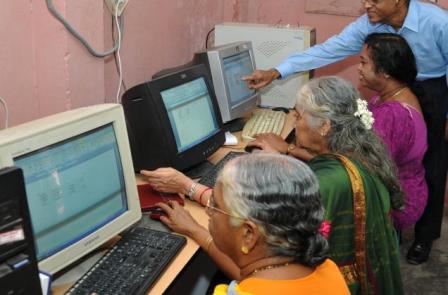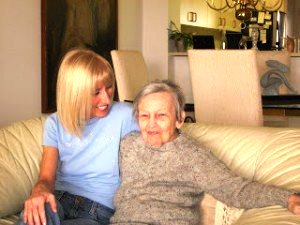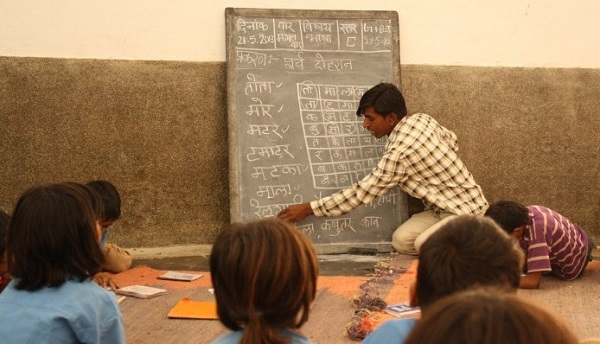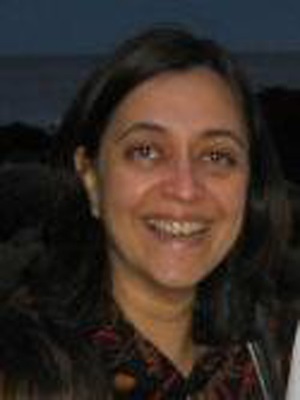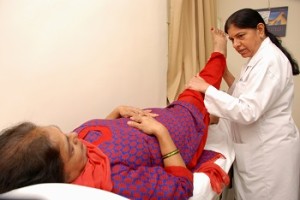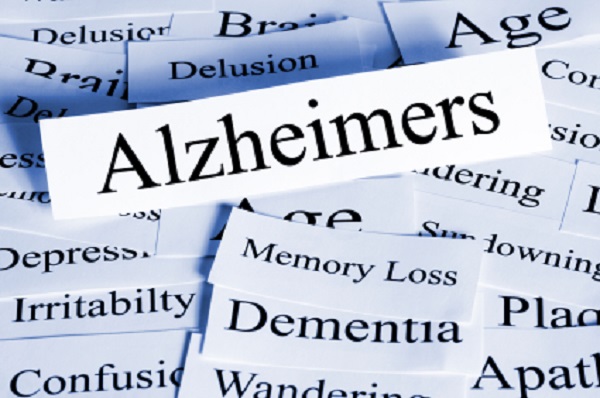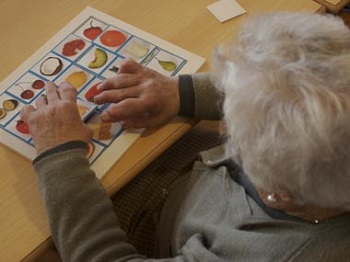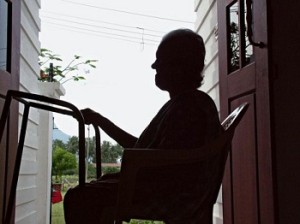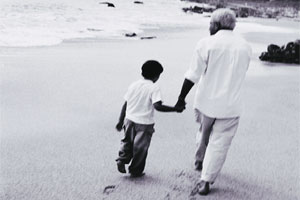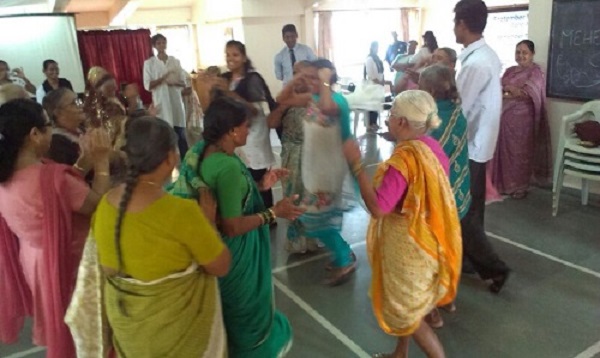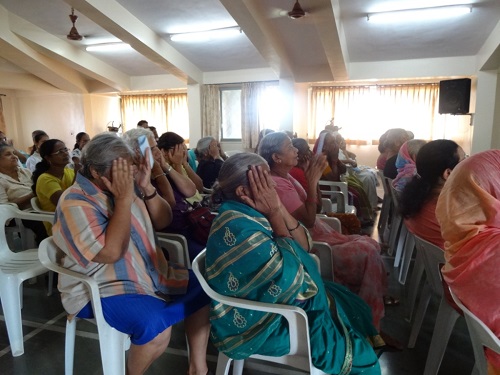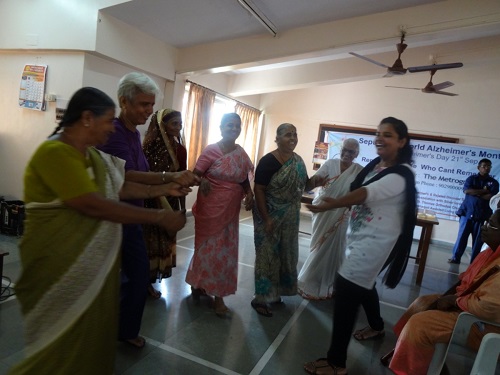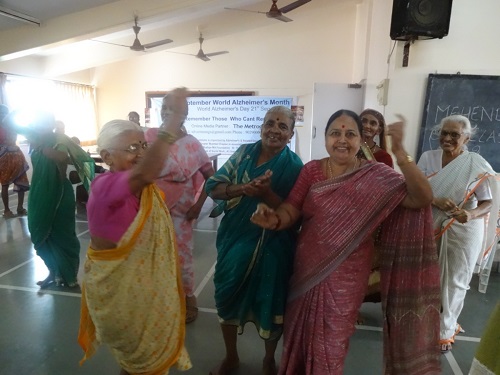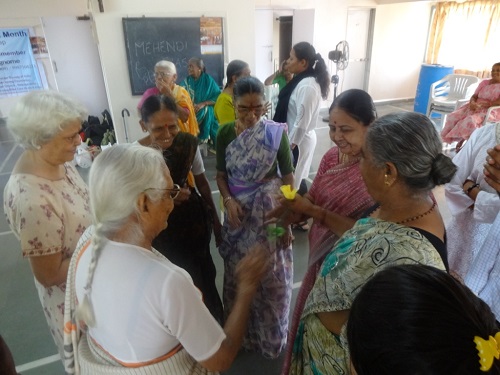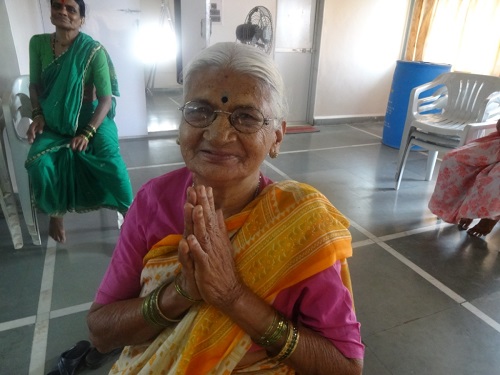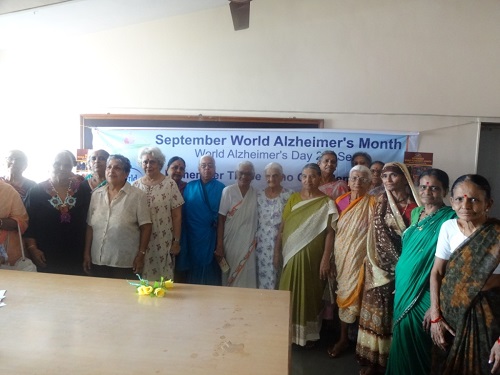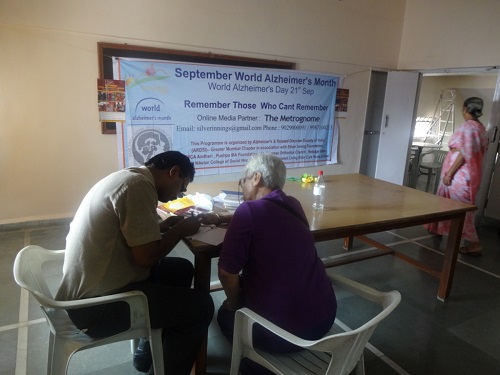Writing, trading on shares online…there is nothing that a senior citizen cannot learn to keep alert and in prime wellness.
by Nagesh Kini
The rapidly changing dynamics of the population profile have resulted in an increasing addition of elders, those in the 60+ age bracket.
This has brought about the urgent need to seek the active participation of these presently mentally and physically stable senior men and women into the main stream of the society. Not doing this can make them prey to debilitating ailments like Alzheimer’s, dementia, Parkinson’s, vertigo, spondylitis, diabetes, cardiac conditions, strokes, hypertension, and vision and hearing losses, among many others. Their consequences can be minimised by preventing the feelings of isolation and marginalisation by making them independent and fruitful members of society, by changing social attitudes to keep themselves mentally alert to keep potential serious neurological disorders at bay.
It is essential for those after 60 to keep both mentally and physically agile rather than succumb to lifestyle diseases. According to a recent study published by the reputed British Medical Journal, The Lancet, physical inactivity or peoples’ failure to spend at least 150 minutes a week doing moderate exercise such as brisk walking for 30 minutes five days a week is responsible for 5.3m of the 57m deaths globally. This causes about 6 to 10% of major non-communicable diseases including coronary heart diseases and type 2 Diabetes.
Another team from Brigham & Women’s Hospital and Harvard Medical School estimated the global impact of physical inactivity by calculating population attributable factors – or how much of the diseases could theoretically be prevented if people were sufficiently active both mentally and physically if inactivity decreased by 10-25% translates to 533,000 and 1.3m deaths potentially averted worldwide. Life expectancy could rise by 0.68 years if physically eliminated.
Post-retirement activities – both mental and physical – can go a long way in retirees maintaining their own mental equilibrium by contributing to wellbeing of the society at large. They can contribute their valuable hands-on experiences in profession and industry and provide vital intellectual inputs.
These days one of the most intellectually stimulating mental activities is writing by contributing to columns in publications of repute. This requires the writer to undertake deep study of the subject both on and off-line and keeps the brain busy by keeping constantly updated on the subject before putting the matter in print.
Writing is an extremely low cost, challenging and stimulating exercise. It can take place in the confines of one’s home. It just involves accessing facts and figures on-line and putting flesh on to the skeleton to bring out a well authored output that can initiate mind-boggling debates from readers far and wide. Writing can be financially rewarding, too – publications these days do remunerate columnists handsomely.
Writing need not necessarily be on professional issues; one can even write, among others on matters of common interests like hobbies, spirituality, food, nature and health, like benefits of walking!
Being basic computer literate can go a long way for the elders in helping their writing forays. It no longer requires putting down the matter in long hand and then having to transcribe it on a typewriter to manually post the hardcopy. All that one does is to punch a few keys to put it down in the Word format – edit, add, delete and amend the matter at will and mail it across. And hey presto you’ve conveyed your thoughts miles across! More and more senior citizens have become computer savy and learnt to keep in touch on Skype not only with their offspring, grandchildren and siblings, friends and even distant relations staying in the other end of the world at any hour of the day. I have a 75-year-old aunt at Bengaluru who picked up computer skills from her granddaughter and now merrily trades online – making a lot of money in the bargain! This helps get her over loneliness by keeping in touch just punching the keys sitting at home all the time!
A happy retirement with activities like writing can make for a lot of difference to prevent isolation and loneliness!
Nagesh Kini is a Mumbai based chartered accountant-turned-activist. ‘Grey Space’ is a weekly column on senior citizen issues. If you have an anecdote or legal information, or anything you feel is useful to senior citizens, caregives and the society at large, feel free to get it published in this space. Write to editor@themetrognome.in or on Facebook at www.facebook.com/Themetrognome.in and we will publish your account.
(Picture courtesy www.samopportunities.in. Image is used for representational purpose only)
